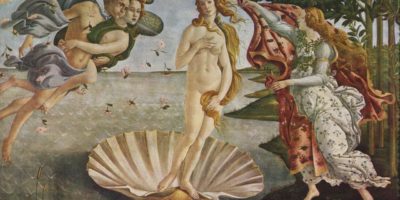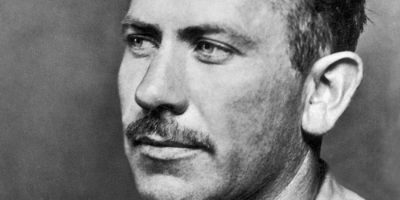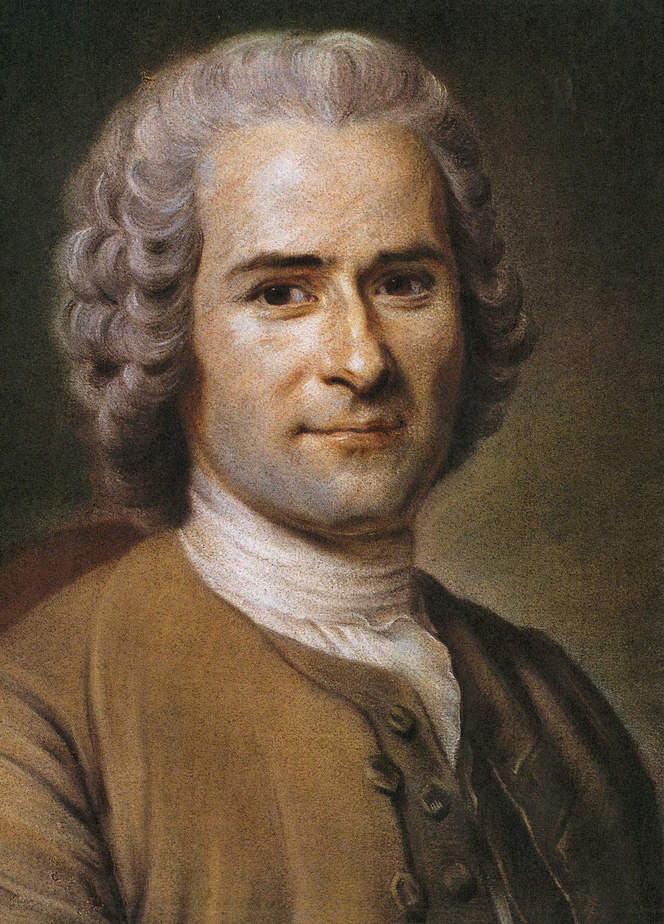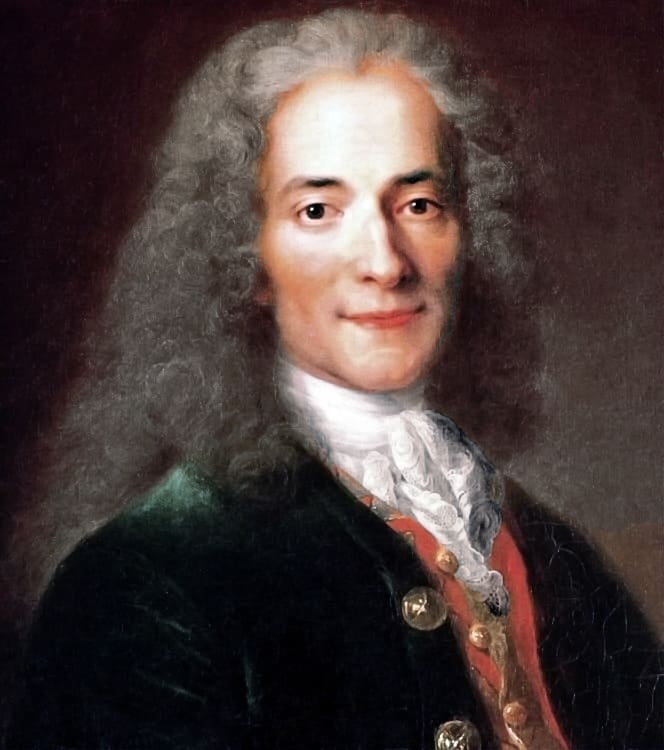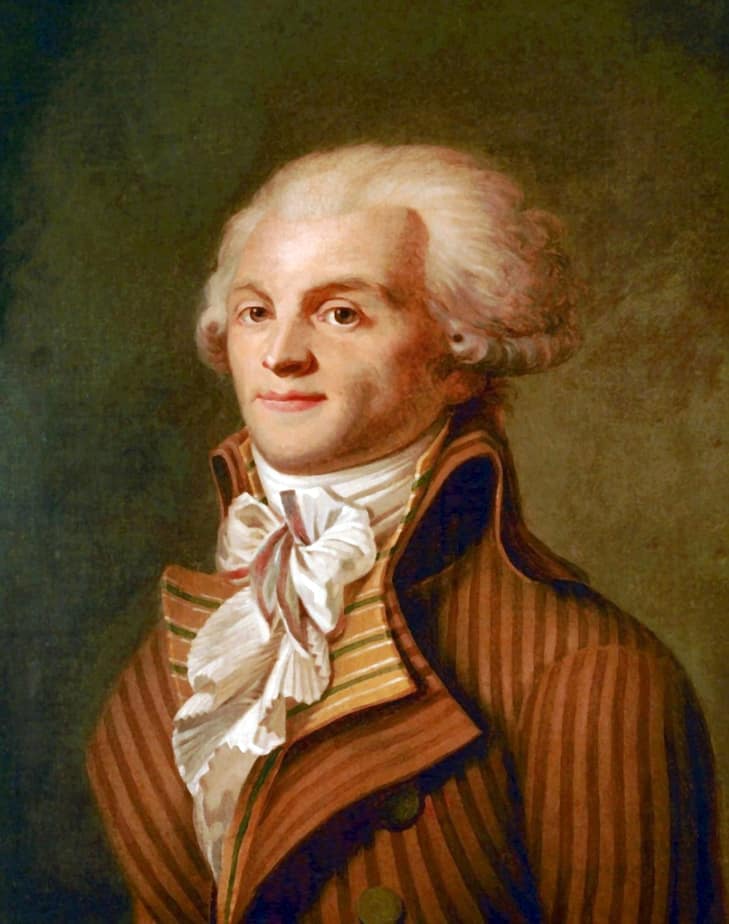Top 5 Best Books Written by Jean-Jacques Rousseau
Jean-Jacques Rousseau (1712-1778) can be considered one of the founding fathers of the French republic and democracy. What a destiny for a man from a modest background who learned everything by himself, and who was not even French but from Geneva!
As a historian, I am fascinated by how much an impact he had on the society of his time and even in the decades following his death.
He was not the kind of philosopher that is read only by his peers but by a very diverse public. In literature he was a game-changer and was a precursor of the major changes of the XIXth century.
The opinion about him was very mixed at the time he lived. His independent spirit made him a lot of enemies among both the conservatives and the philosopher of the Enlightenment. Rejected by many, some say he became misanthropist and close from madness at the end of his life.
I propose to introduce you to his 5 most important books. I will explain you why they became successful and why they remain important. Along the way I won’t miss the opportunity to tell you about Rousseau and his time.
1. Discourse on the Origin and Basis of Inequality Among Men, 1755
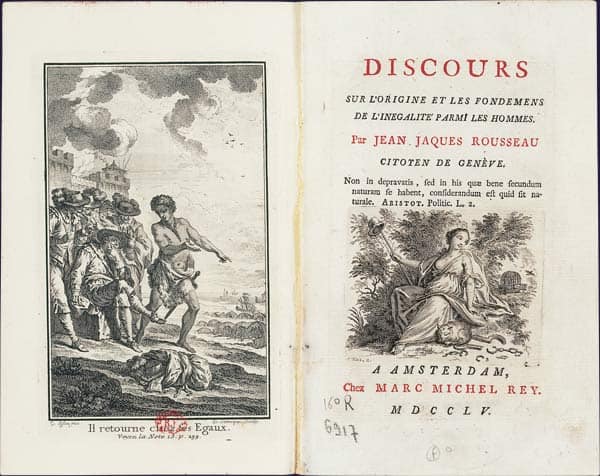
Image sourced from Wikimedia Commons
The first famous work of Rousseau is an answer to a contest launched by the Academia of Dijon. This association of cultivated men had proposed to write about the origins of inequalities and whether they could be justified.
To answer this question, Rousseau starts from the beginning: he imagined the first men in their natural state. These individuals are not yet in society. They show a natural sense of self-preservation but also compassion. They are perfectible through observation and have a natural sense of freedom.
By stating this about the nature of men before society, Rousseau goes against the idea of the philosopher Hobbes that, naturally, man is a wolf to man. Hobbes advocated for a power that could assure security to the members of society whereas Rousseau was concerned about the liberty of the individuals.
Rousseau has been criticized for his optimism about human nature and his accusation on the corruption of society. However, the idea that the man was perfectible can be interpreted as a possibility of progress, a notion that was new at the time.
From this natural state, Rousseau formulates a paradox: “Man is born free, yet everywhere he is in chains”. The roots of inequality have to be found on property and the inequalities of patrimony. From the invention of property derived work, social classes and conflicts between the rich and the poor.
At the time he wrote this essay, Rousseau had already been positively remarked. He had won a similar contest about the effects of science and arts on society. This time he did not win the prize and his work created anger.
The Church did not like his refusal to acknowledge the original sin described in the Genesis. His charge against property was resented the bankers of his city of Geneva nor the French upper class.
The most important philosopher of the Enlightenment, Voltaire, also turned his back to him.
2. Julie ou La Nouvelle Héloïse, 1761
This novel is a love story happening in Geneva between Julie d’Etange, a young noble and her teacher Saint-Preux who is from a modest background. This difference of social origins makes their love impossible to be accepted by society and especially Julie’s family.
Saint-Preux chose the path of the exile in Paris and London where he exchanges love letters with Héloïse. Eventually, Julie’s family discover the relationship and they force Julie to marry and old nobleman, Monsieur de Wolmar.
Will Julie accept her fate or escape with Saint-Preux when he returns?
The title refers to a famous love story which happened in medieval Paris between Héloïse d’Argenteuil and Pierre Abélard. The two lovers were forced to renounce to their love because of their religious position.
The book was an unprecedented best-seller. The printers could not make enough copies to satisfy the demand. The booksellers had to propose to rent the book per day and even per hour.
It brought Rousseau an instant fame: the writer was overwhelmed by the quantity of letters he received from his readers.
These letters expressed the very strong reactions the readers felt by reading this book. Some women readers declared their love to Rousseau, others wrote how they identified with the characters or the situations.
Though it may seem crazy, some readers refused to admit it was a novel and not a real story: how could a made-up story produce such strong emotions?
The book of Rousseau unveiled a new sensibility in the Europe of the late XVIIIth century. Feelings were no longer repressed but exhibited and even sometimes overplayed. Rousseau is one of the forerunners of Romanticism as a cultural movement and a new way to approach love.
Rousseau preference for personal authenticity over social conventions was not appreciated by everybody. In 1806 the Catholic church put the book on the Index, a list of books that the Catholics were forbid to read.
Fair warning: for today’s taste the story is cheesy and you might feel irritated by the tendency of the characters to complain theatrically all the time!
3. L’Emile, 1762.
This was the book Rousseau considered the most important of his writings.
Received with hostility at its publication in 1762 because of its views on religion, it was publicly burned.
However, it inspired the educational system built by the French Revolution and is still considered a reference for today’s teachers. For instance, the Japanese teachers in nursery school have to read it in their curriculum.
The book is divided into different parts that correspond to the stages of the development of the child from his birth to adulthood. A fictional boy, Emile, is taken as an example.
The book contained several important ideas of Rousseau. He considered that men were born good and that they were corrupted later by society. The nannies, the preceptors have to help the child to develop the innate faculties Nature has given to him. The child had to observe and deduce.
The philosophy of education was the complete opposite of the dominant conception. At this time the child was seen as a sort of savage being and a sinner from the religious point of view. You had to educate him through the imposition of culture and religious conceptions that he had to learn by heart.
The conception of Rousseau and the conception he opposed set the terms of a debate that is still going on today about education in many countries. Theories on education have evolved and became more subtle but they are still starting from either the imposition of an outside knowledge/norm or the development of preexisting faculties.
What led to the rejection of the book was not so much Rousseau’s views on education but his critics on religion. A section of the book is called “the Profession of Faith of the Savoyard Vicar” where Rousseau imagines the speech of a priest to develop his own ideas.
Rousseau considered that evil was coming from selfishness and the corrupted society. To avoid it, one has to turn to introspection and listen his heart to find the source of the true morale. The dogmatism imposed from outside by the Church could not replace this, neither could the Reason.
By stating this, Rousseau received the condemnation of both the Church and the others Enlightenment philosophers who based their moral system on Reason.
In 1794, Robespierre, a follower of Rousseau and political leader during the radical part of the Revolution, tried to impose the cult of the Supreme Being, inspired by these theories.
The great enemy of Rousseau, Voltaire, discredited his theories by a personal attack. He reminded everyone that Rousseau abandoned his own children and thus, had no legitimacy to express his views on the subject.
In the twentieth century, he was criticized for his backwards views on the role of women.
In l’Emile, Rousseau wrote: “To please men, to be useful to them, to make them love and honor them, to raise them when they are young, to care for them when they are adults, to advise them, to console them, to make their life pleasant and sweet, these are the duties of women in all times, and what we must teach them from childhood”.
4. Du Contrat Social, 1762
The Contrat Social is a must-read of political science. How extraordinary it is that a book written 258 years ago, in a very different world, keep its relevance today!
With this book, Rousseau wishes to analyze the legitimacy of political power. He discredited the idea that the power of a ruler could be compared to the power of a father over his children, he rules out the religious legitimacy and the right of the strongest.
For Rousseau, what makes a society, what gives a legitimacy to the rulers, must be a social contract. That is to say an agreement between the free individuals. With this legitimacy, the rulers are entitled to take actions for the group while protecting the persons and their goods.
An important concept is the general will. For this social contract to work, the members must think about what is good for the society as a whole and not as individuals considering their private interests.
This idea was very important during the French Revolution. It is still important in the political conception of most French today.
The opposite conception developed by liberalism, that the pursuit of personal interests is eventually beneficial to the group through the free hand of the market, was never very popular in France.
This book with many subtle concepts is complex to read and understand. It is not possible to give it justice in only a few words.
From a historical point of view, what is important is that it contributed to the discredit of the traditional legitimacy of the monarchy. It opened the way, intellectually and politically, to the sovereignty of the people that was claimed thirty-years after during the Revolution.
Rousseau meant his concepts to guarantee the liberty and the equality of every members of society. However, some philosophers have accused him of paving the way to totalitarianism.
They argued that the concept of general will can be used to justify the sacrifice of individuals considered harmful to society by the rulers.
5. Les Confessions, 1767-1770
“I have resolved on an enterprise which has no precedent and which, once complete, will have no imitator. My purpose is to display to my kind a portrait in every way true to nature, and the man I shall portray will be myself.”
With this famous introduction, Rousseau did nothing less than inventing a new literary style: the autobiography.
Rousseau started the book when he was 63 years old, an old man for the XVIIIth century. It was not published before his death even though he read publicly some parts.
Rousseau claimed his sincerity, his will to tell everything about his life, even what badly reflected on him. The reader won’t be spared anything, including a memorable spanking he received when he was 8 years old.
Some parts appeared like a real confession to be freed from remorse. For instance, he revealed how, when he was 16, he accused a young girl of being the culprit of a theft he had made himself. Others parts appears more like a justification of what he did or an explanation about his positions.
It can be very interesting if you want to learn more about the society in which Rousseau lived. With is exacerbated sensibility and literary talent, Rousseau plunged you into his time better th
He positioned himself as a victim of the persecution of his contemporaries. This may contain some truth given how he was often declared under arrest, his books condemned and how he had been betrayed by others philosophers who have been his friends at some point.
Planning a trip to Paris ? Get ready !
These are Amazon’s best-selling travel products that you may need for coming to Paris.
Bookstore
- The best travel book : Rick Steves – Paris 2023 – Learn more here
- Fodor’s Paris 2024 – Learn more here
Travel Gear
- Venture Pal Lightweight Backpack – Learn more here
- Samsonite Winfield 2 28″ Luggage – Learn more here
- Swig Savvy’s Stainless Steel Insulated Water Bottle – Learn more here
Check Amazon’s best-seller list for the most popular travel accessories. We sometimes read this list just to find out what new travel products people are buying.


